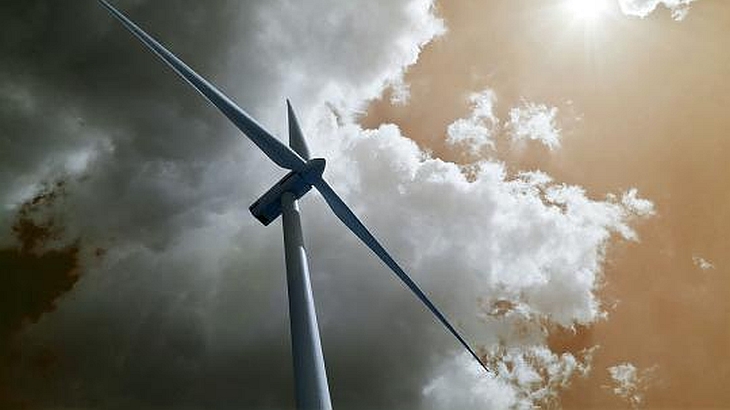European commissioners are considering scrapping a binding target for renewable energy from 2030, a move that would please big utility companies but mark a retreat on one of its signature environmental policies.
The EU’s 2030 energy and climate targets, which the commission is due to propose on January 22, are stoking acrimony among countries and between commissioners. Governments, industry and green groups are lobbying the commission intensely over the goals, according to Financial Times.
A target for how much power European countries should derive from renewables is one of the most bitterly debated parts of next week’s package. The UK, which is increasing its use of nuclear power, opposes a binding goal. Germany, which is shutting down its reactors, is the most powerful voice in favour of an obligatory target.
A proposed compromise, at the heart of discussions over the 2030 package, envisages that a renewables target, of up to 27 per cent, would be non-binding. However, people close to the talks added that the arguments hinge on whether such a non-binding renewables target would need to be given credibility by stronger rules on efficient networks. That would mean binding objectives related to energy infrastructure, smart grids and cross-border interconnectors.
This compromise for 2030, if accepted in the face of German opposition, would represent a significant change from the EU’s 2020 targets. Those included binding goals that EU states should cut overall greenhouse gas emissions by 20 per cent from 1990 levels and derive 20 per cent of their power from renewables. Measures to improve energy efficiency by 20 per cent were only aspirational. For 2030, the tougher and quantifiable action would be required on more technical aspects of upgrading infrastructure.

